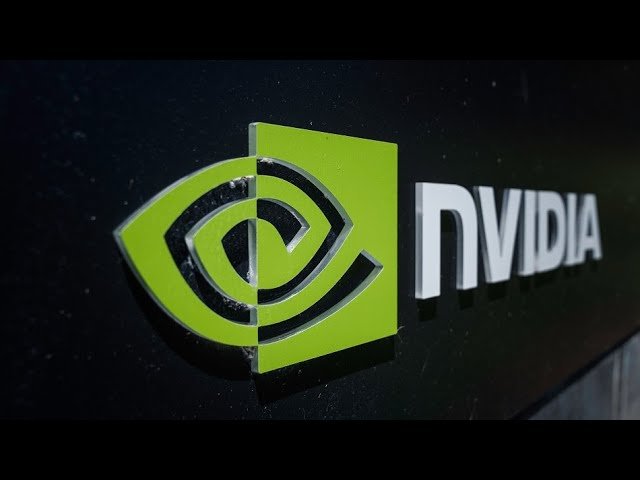Nvidia posts $44.1bn in revenue despite Trump’s China ban wiping out $15bn in AI chip sales.
Nvidia has defied Wall Street’s projections once again, reporting $44.1bn in quarterly revenue — a staggering 69% rise year-on-year — even as US export restrictions to China threaten to derail billions in future sales.
The computer hardware powerhouse continues to serve as the barometer for the booming AI industry. Its adjusted earnings per share came in at $0.81, slightly below analysts’ predictions of $0.88, but revenue still comfortably beat forecasts of $43.3bn.
The bulk of this revenue, $39.1bn, came from its data centre division, which has seen explosive growth as global demand for AI computing power accelerates.
Embed from Getty ImagesBut beneath the headline figures lies an undercurrent of geopolitical pressure. In April, former President Donald Trump’s administration tightened export rules on AI chips, blocking Nvidia’s ability to sell its H20 products to China — a market the company admitted these chips were “primarily designed for”.
That move has already forced Nvidia to walk away from $2.5bn in revenue in the first quarter alone, according to CEO Jensen Huang. Speaking on an earnings call, Huang admitted the company had written off $5.5bn worth of inventory and warned that the decision could ultimately cost $15bn in revenue and $3bn in lost US taxes.
“No company in history has ever written off that much inventory,” he told tech journalist Ben Thompson. “It was deeply painful.”
Despite the blow, Nvidia remains bullish. It has forecasted $45bn in revenue for the next quarter and continues to dominate the AI chip sector. Huang struck a defiant tone in his official statement, saying: “Global demand for Nvidia’s AI infrastructure is incredibly strong. Countries around the world are recognising AI as essential infrastructure – just like electricity and the internet – and Nvidia stands at the centre of this profound transformation.”
Still, the China market looms large. Huang acknowledged that the ban effectively sidelines Nvidia from one of the largest AI economies in the world. “China’s AI moves on with or without US chips,” he said. “The question is not whether China will have AI – it already does. The question is whether one of the world’s largest AI markets will run on American chips.”
While Trump’s policy did include the potential for exports of lower-capacity chips, Nvidia said it had already lost $8bn in projected second-quarter revenue due to the restrictions. However, Huang expressed cautious optimism, saying he trusted Trump’s broader vision and hoped for future flexibility.
Meanwhile, Congress has turned up the heat on Nvidia. A House committee on China has demanded answers about how its chips ended up in the hands of Chinese AI firm DeepSeek. Lawmakers allege the firm funnelled US data to the Chinese Communist Party and built models trained on unlawfully obtained American materials.
Nevertheless, analysts praised Nvidia’s performance in the face of rising competition and political turbulence. “Even during a period of industry consolidation… the company demonstrated its ability to focus on the right operational areas,” said Thomas Monteiro of Investing.com.
Investor sentiment also received a boost from booming interest in the Middle East. Following Trump’s visit to the region, Saudi Arabia pledged $600bn to US firms, with Nvidia among the biggest beneficiaries. The company confirmed it would supply hundreds of thousands of AI chips to Gulf clients, including 18,000 of its latest Blackwell chip to a Saudi-backed startup named Humain.
Dan Ives of Wedbush summed up the investor mood: “There is one chip in the world fuelling the AI Revolution and it’s Nvidia. That narrative is clear.
